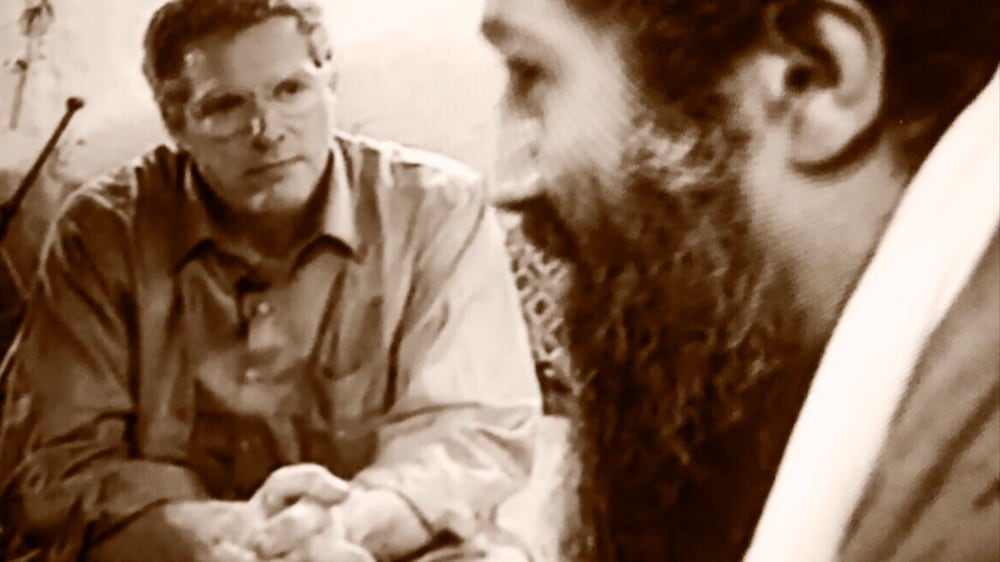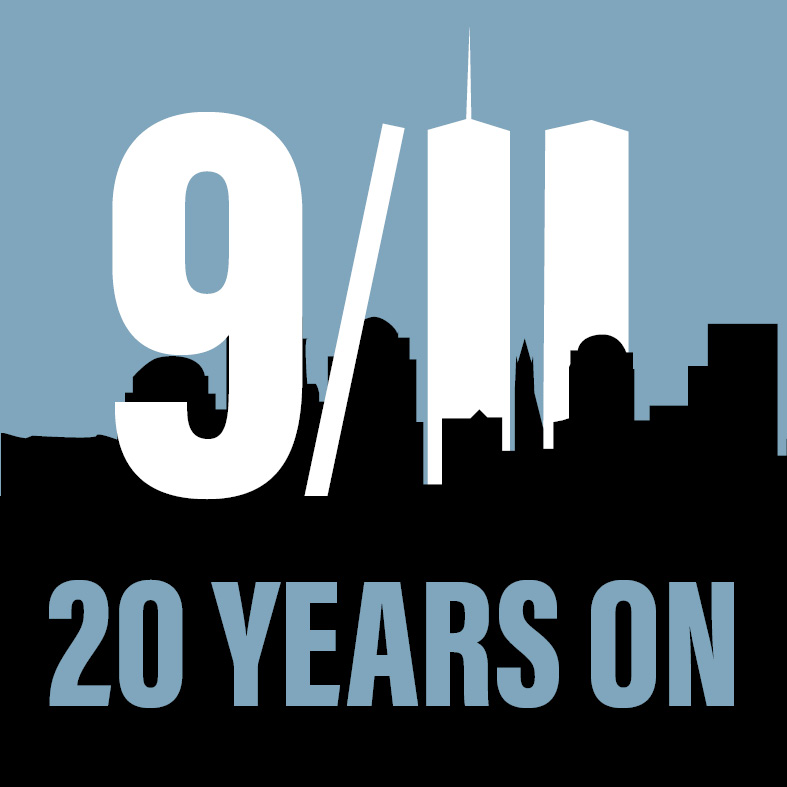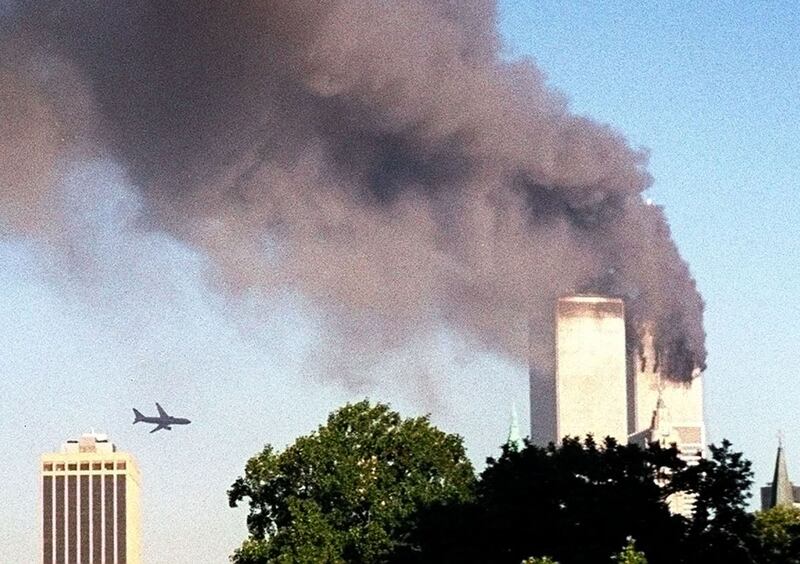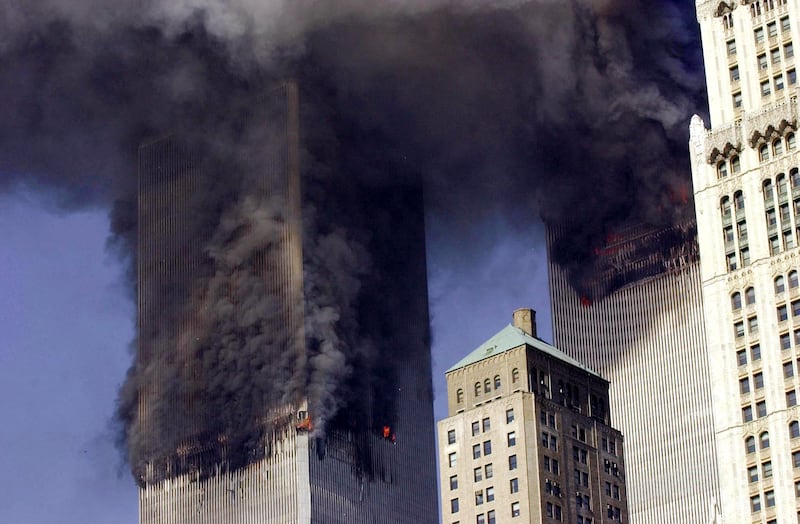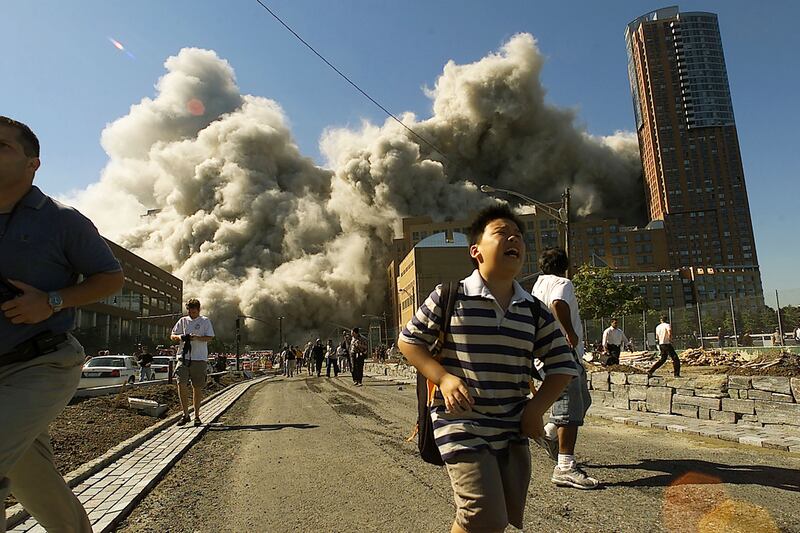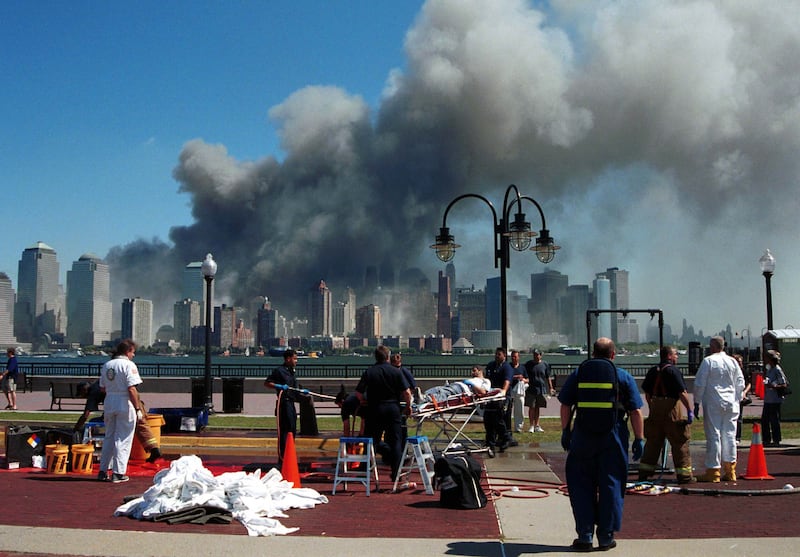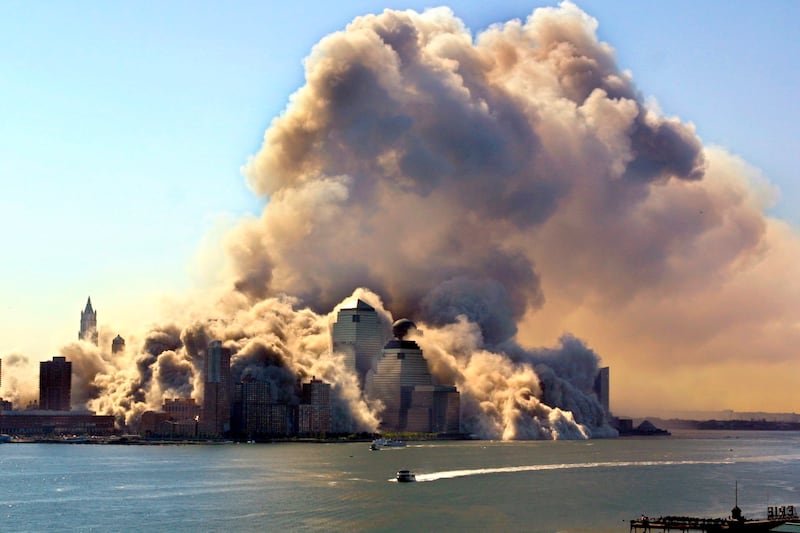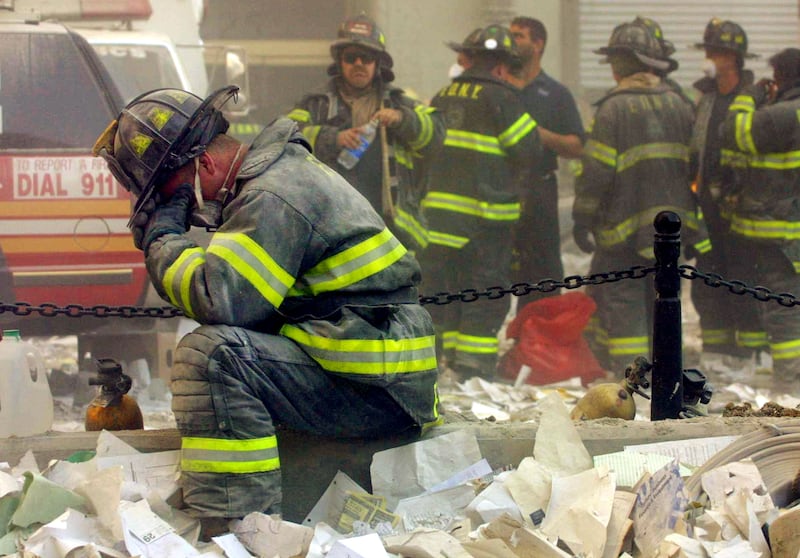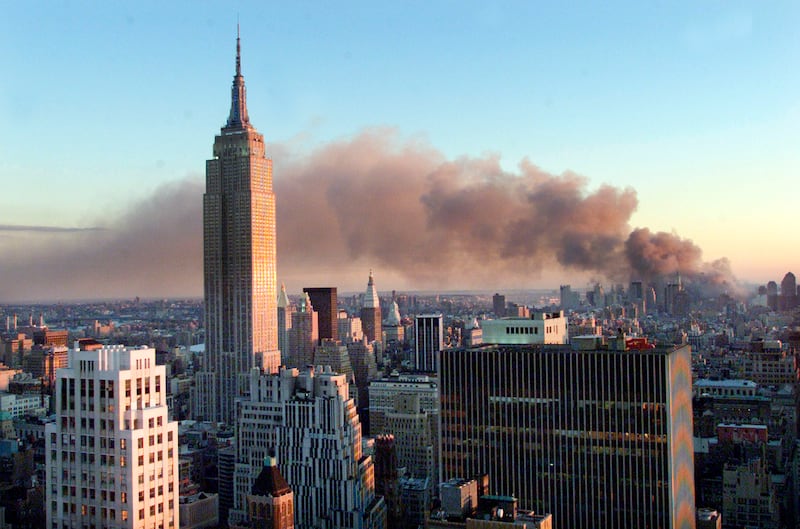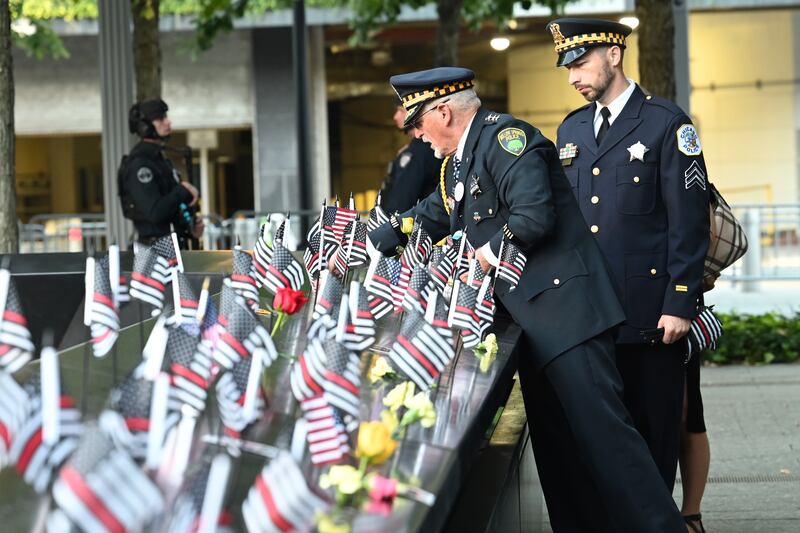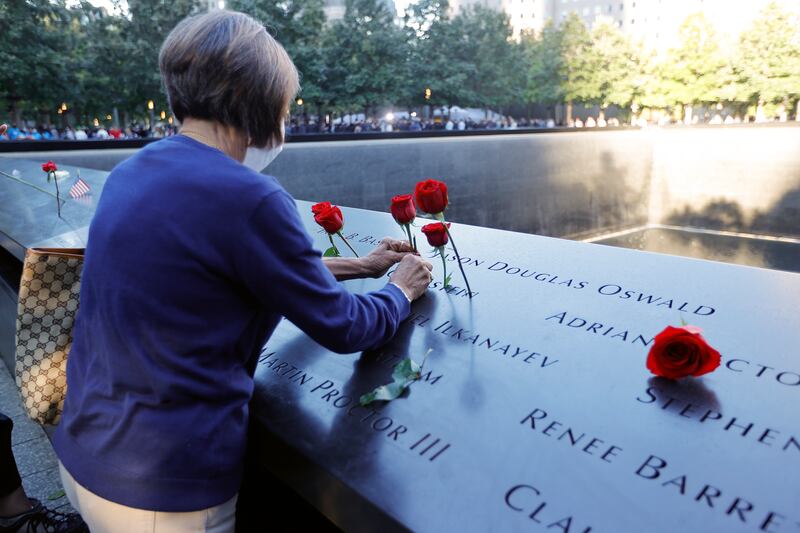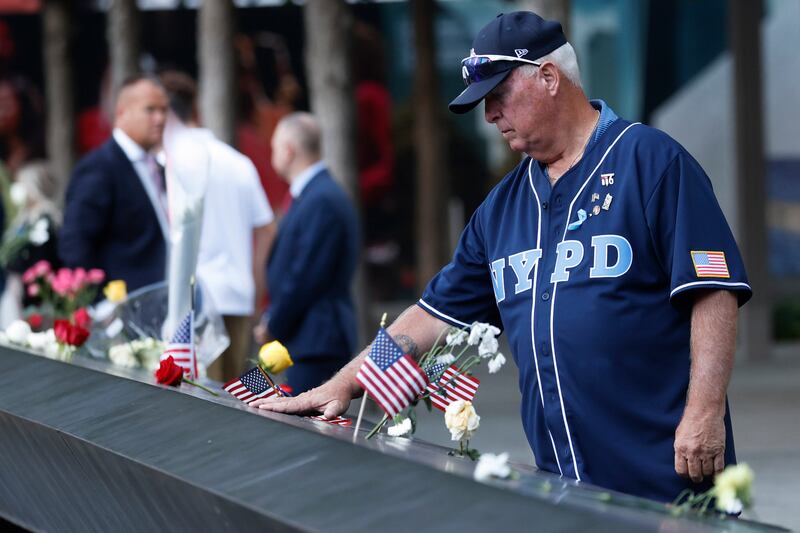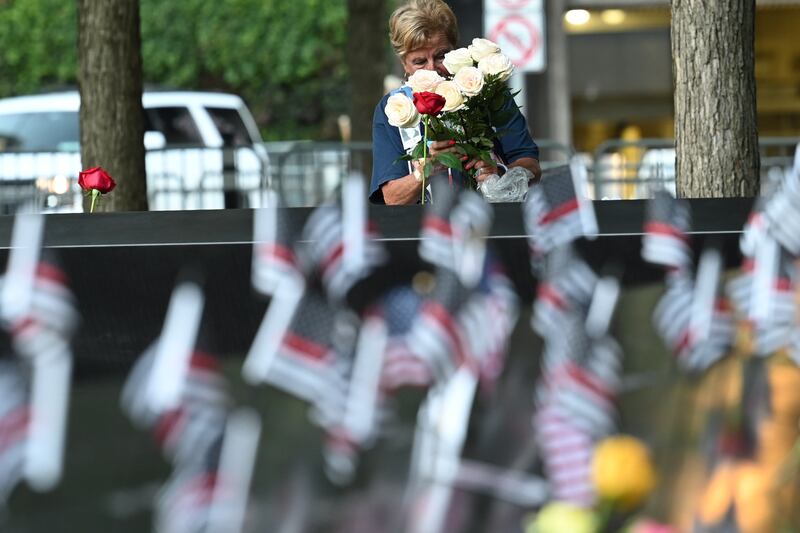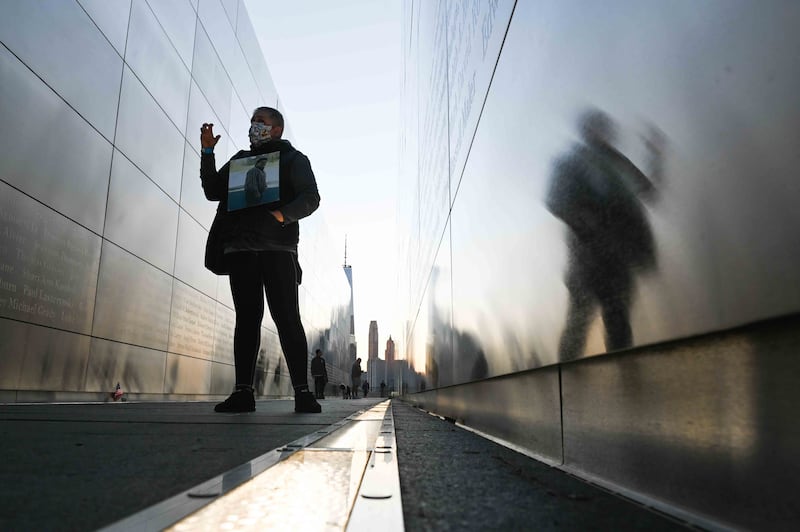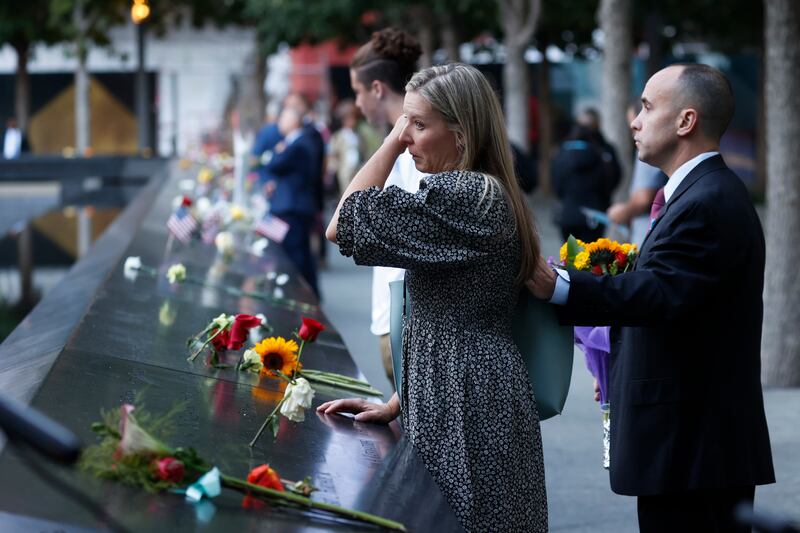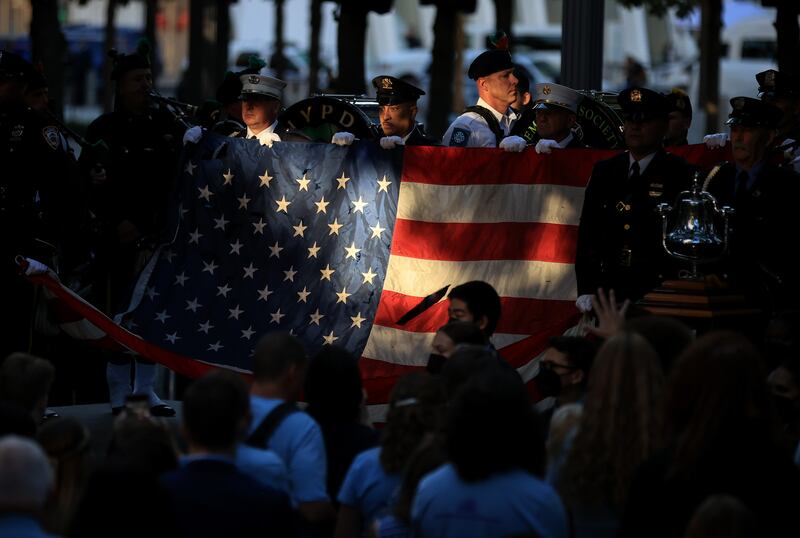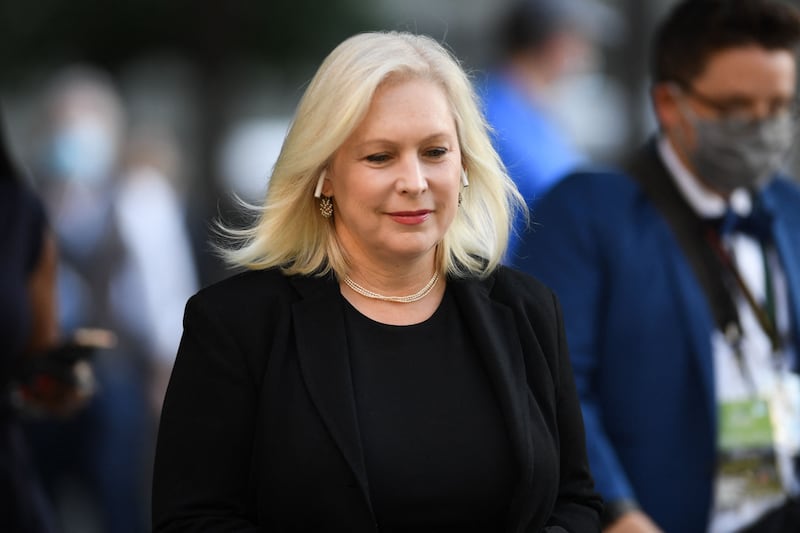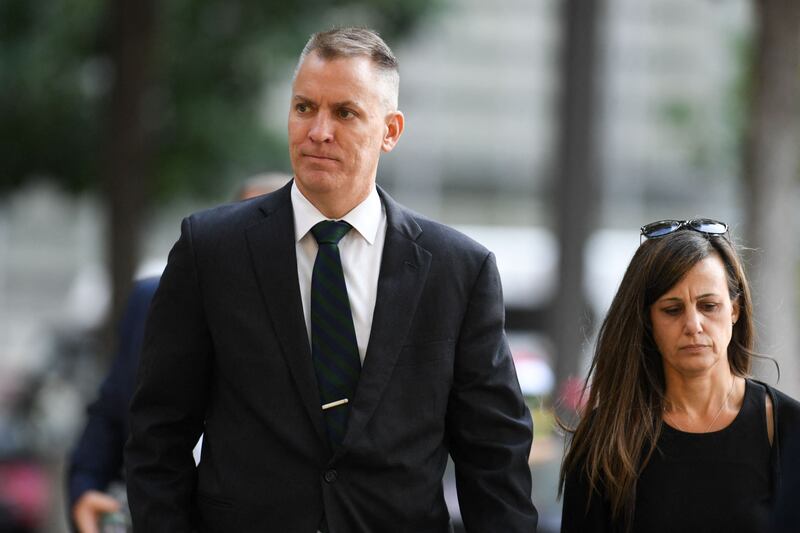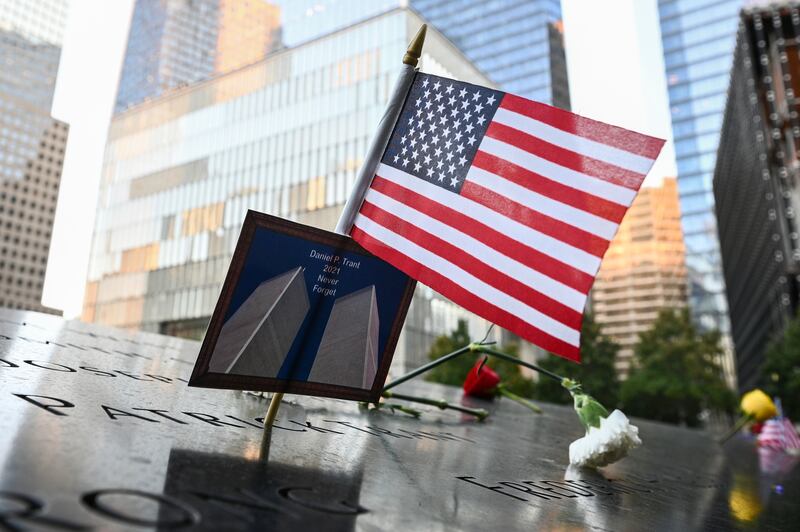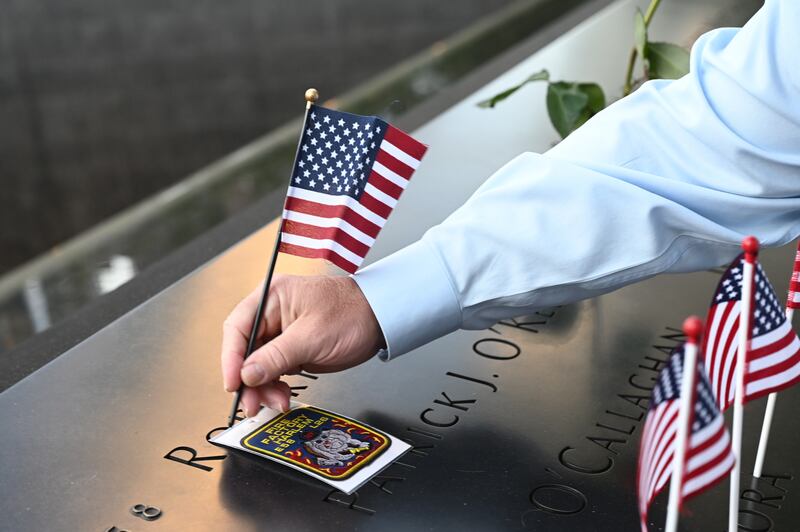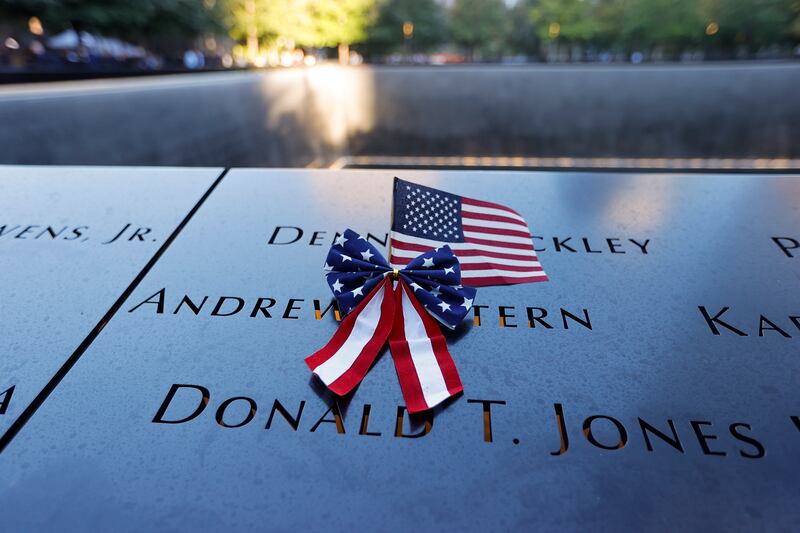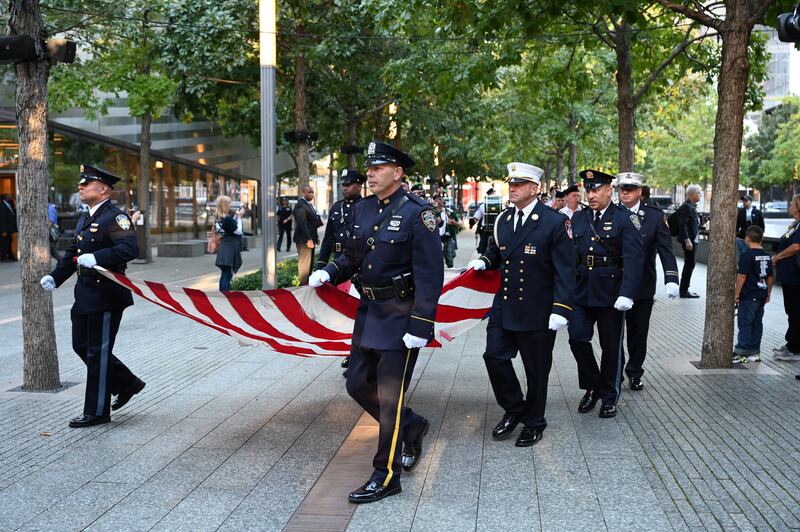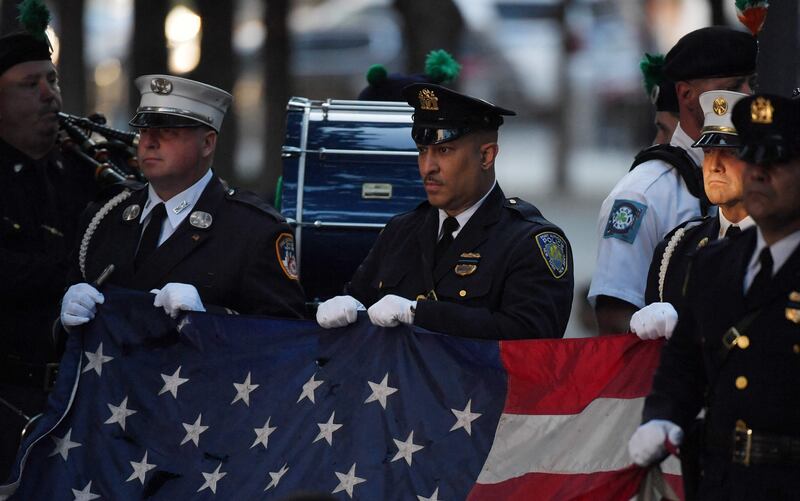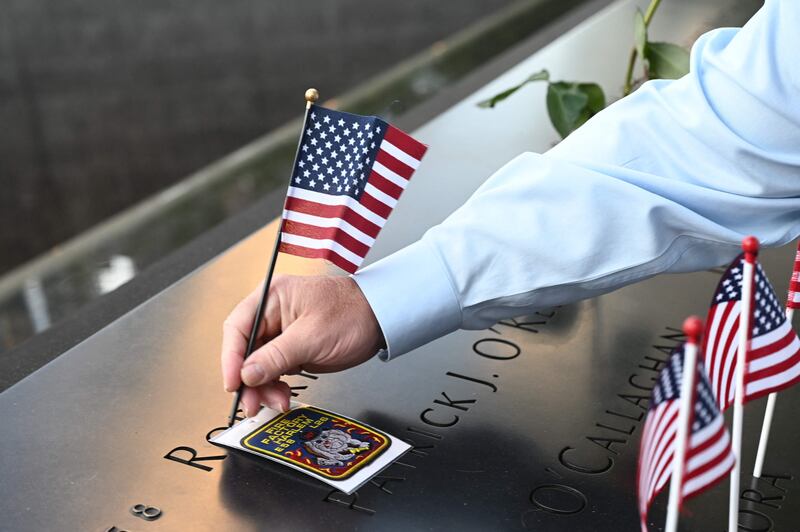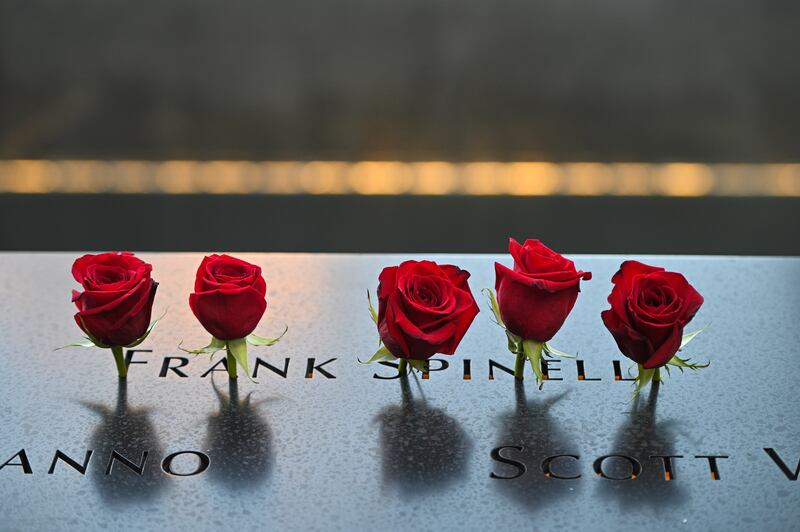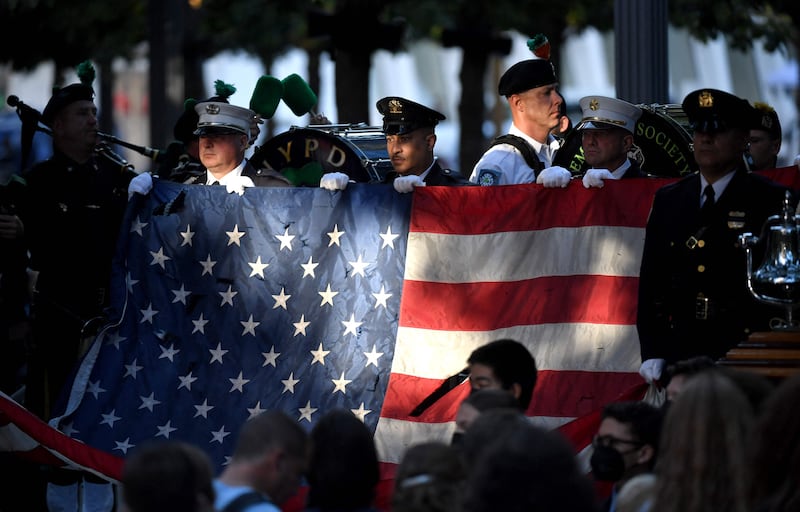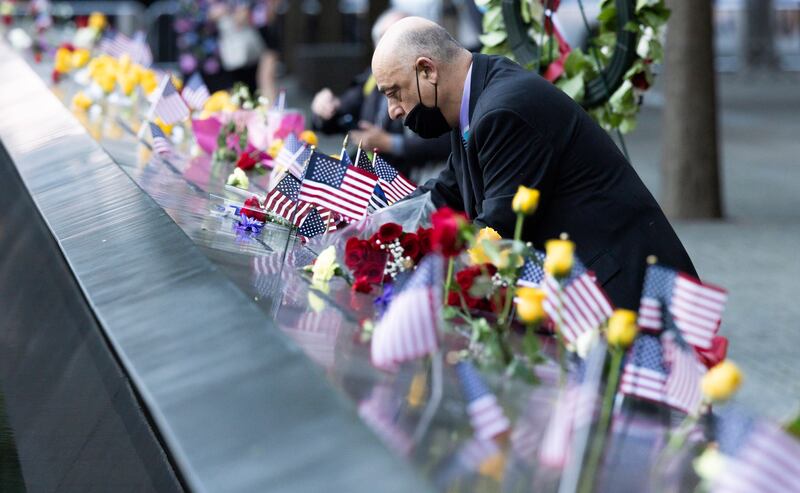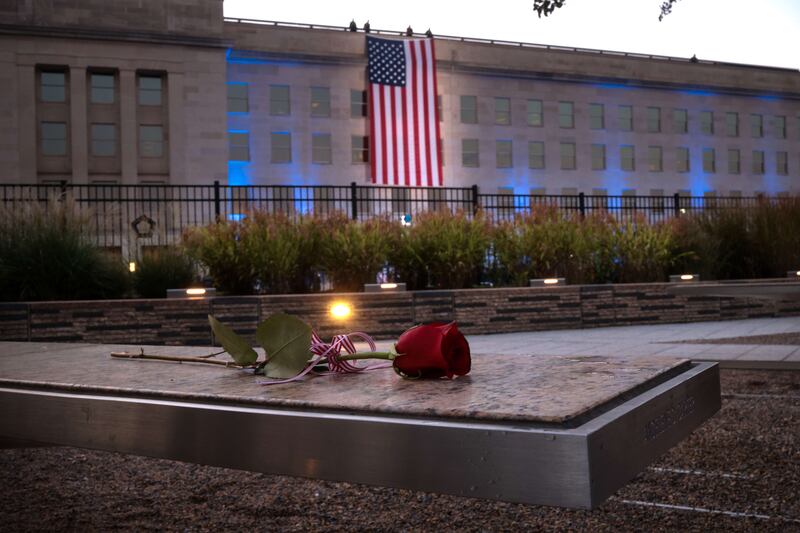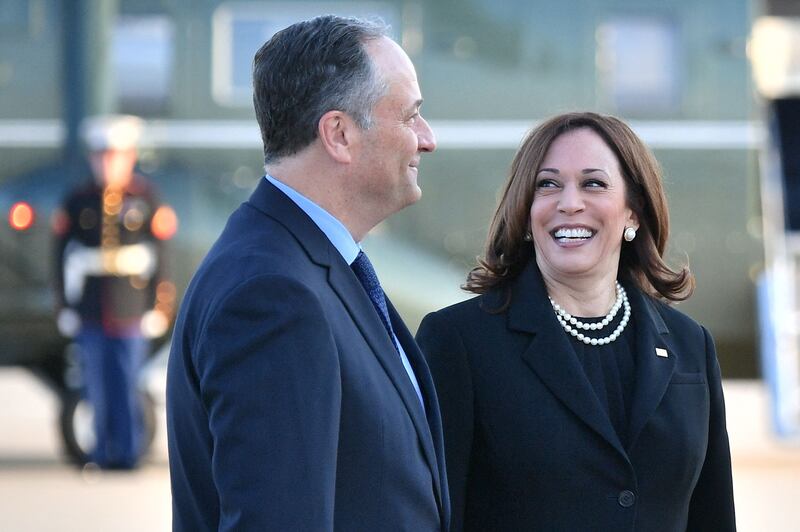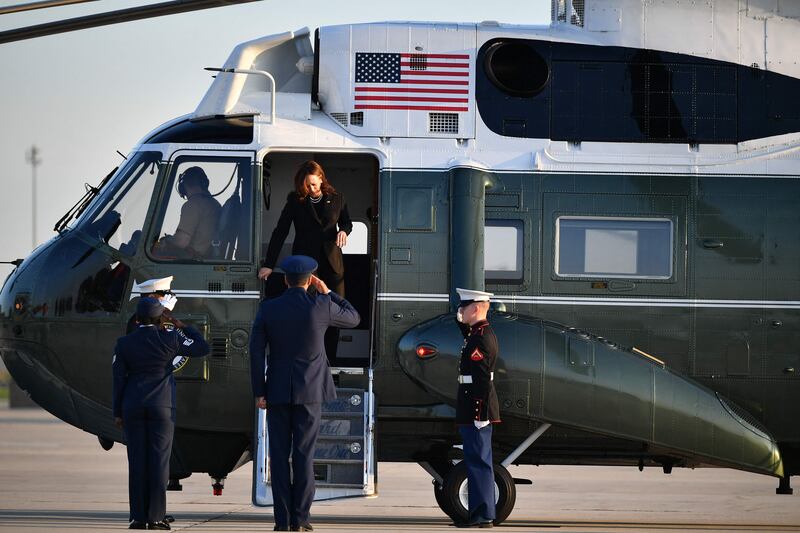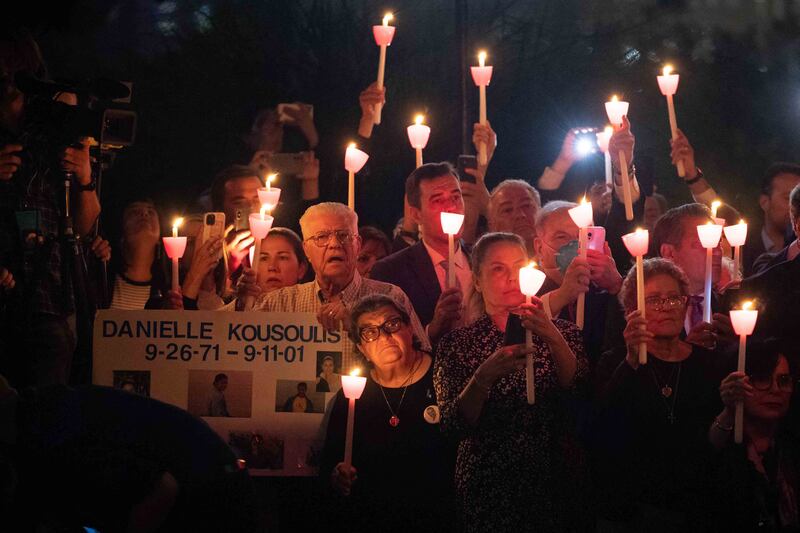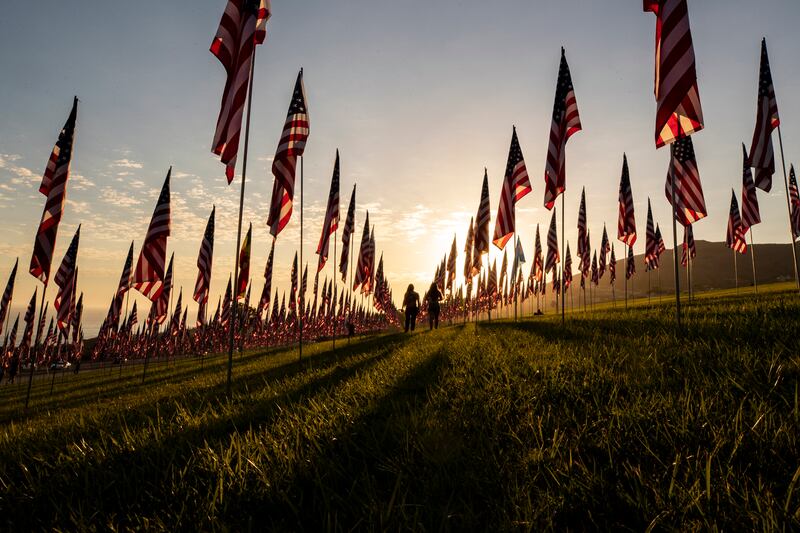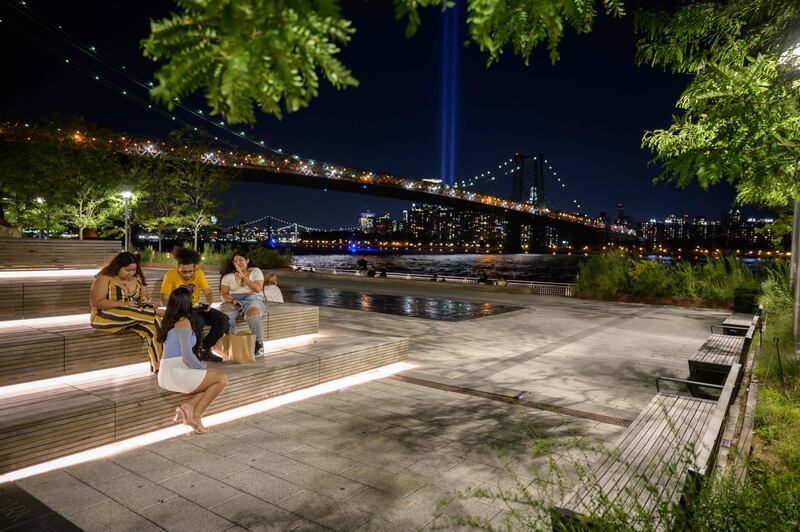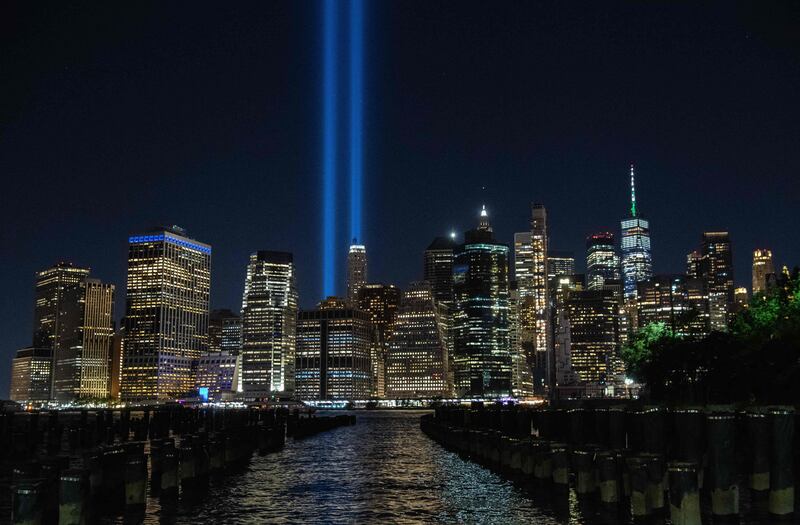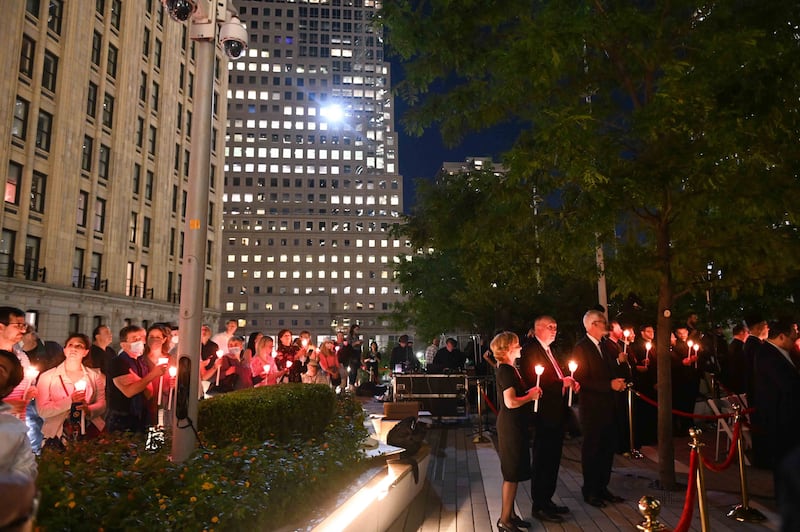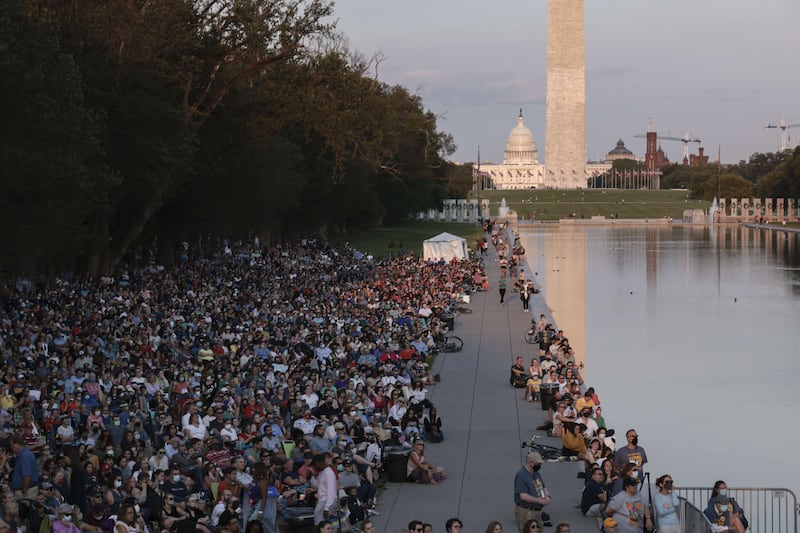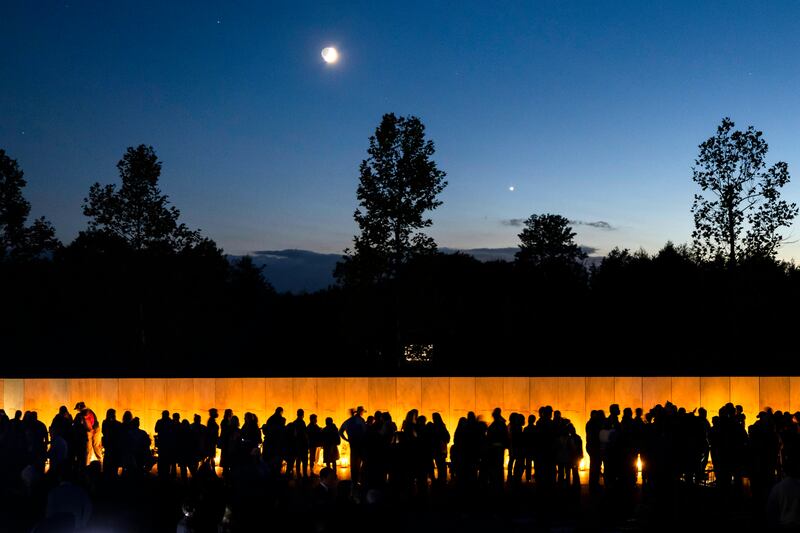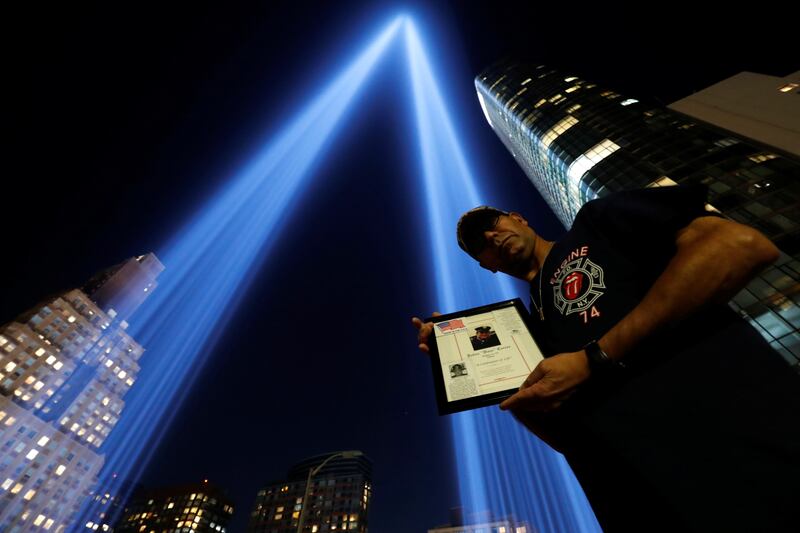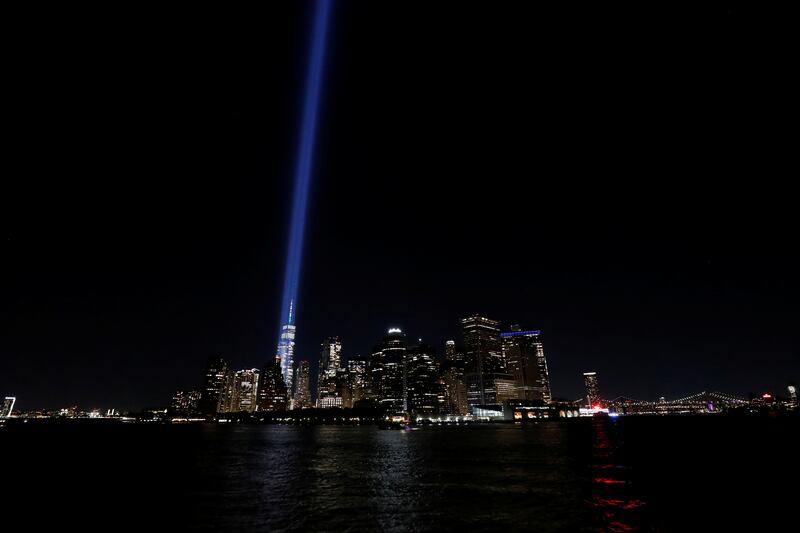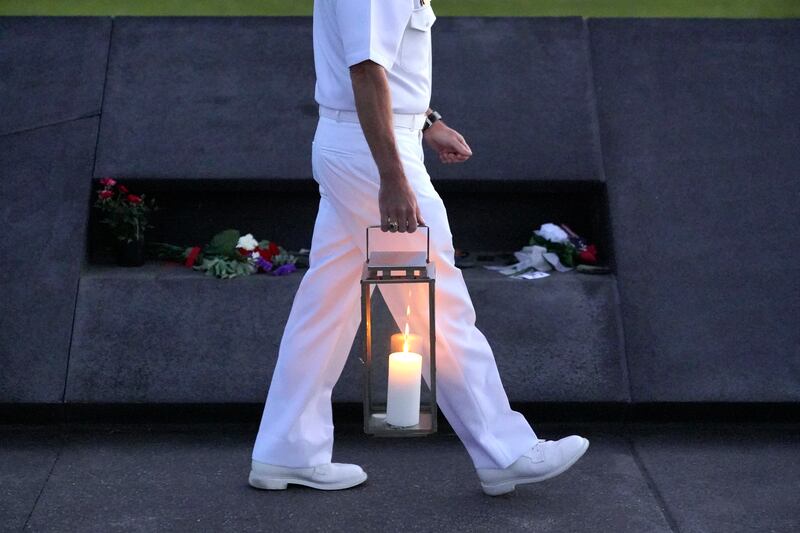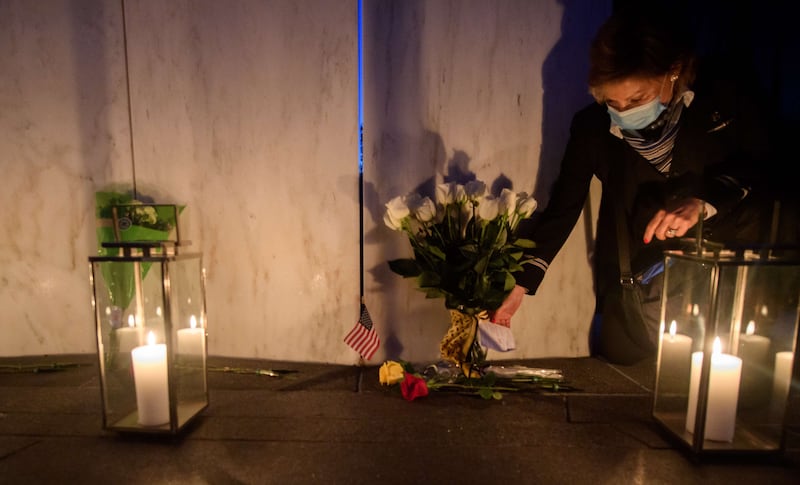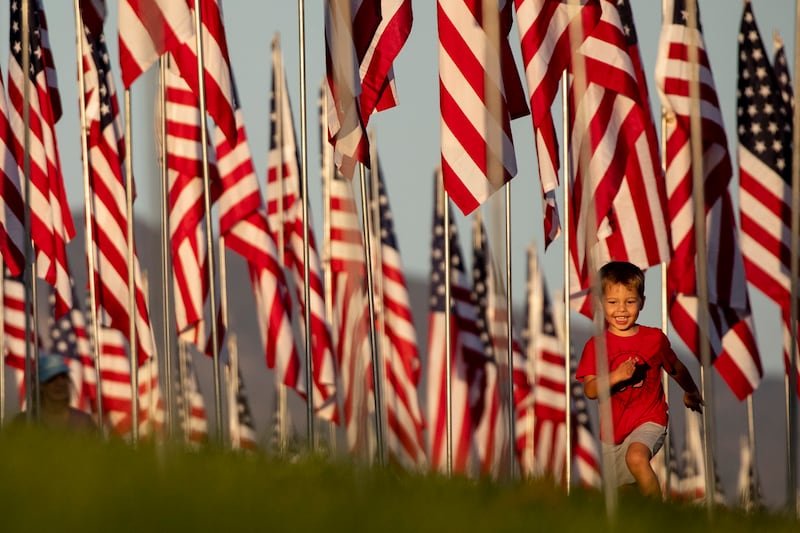As a New York reporter, the early part of John Miller’s career was about scooping the competition and beating the other guy to the crime scene. Consequently, he formed many relationships in law enforcement, especially after he chased down mobster John Gotti for the local NBC affiliate.
When Miller received a tip that Osama bin Laden was hiding somewhere in Afghanistan, he consulted a producer at ABC about doing an interview with the leader of Al Qaeda.
Miller had covered the 1993 World Trade Centre bombing and the main suspect, Ramzi Yousef, had apparently been funded by the mysterious “financier”, though not much was known about him. Bin Laden was at that time wanted for his role in the embassy bombings in Nairobi, Kenya, and Dar es Salaam, Tanzania.
In May of 1998, Miller would be the last western journalist to interview bin Laden.
The interview required months of planning and travelling all over the globe before Miller and his crew met bin Laden in a cave somewhere between Pakistan and Afghanistan.
“There were all these [Al Qaeda] men shooting rifles in the air as some form of greeting to their leader when he arrived. I remember thinking, these bullets have got to come down at some point,” Miller told The National.
“When we started, flies kept landing on bin Laden’s face. So, they made us leave the cave and I returned to do the interview in a fog of bug spray.”
Back stateside, Miller found that not that many people were interested in this major scoop, even though bin Laden had threatened the lives of Americans -- on camera. They were more concerned with the impeachment trial of then-president Bill Clinton.
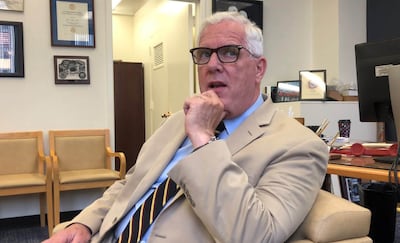
Then, he met John O’Neill, the FBI agent who was obsessed with tracking bin Laden. The two met at a famous watering hole called Elaine’s, popular with journalists, writers and cerebral celebrities.
“I told him that I had just returned from Afghanistan from interviewing bin Laden and he said, ‘I know! I’m under investigation because they think I leaked it to you,’” said Miller.
The two became fast friends and spent many days and nights discussing different extremist groups, the gathering of information and the new threats to the world.
O’Neill had been advocating, sometimes loudly, for the FBI and CIA to share intelligence on the issue, but found himself running up against Michael Scheuer, head of the agency’s bin Laden unit.
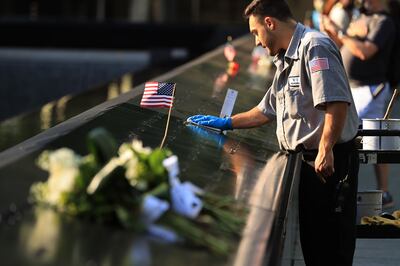
“Washington is about power and information is power. Instead of [the different agencies] putting their puzzle pieces on the table, they were keeping them in their pockets,” said Miller.
“No one wanted to show their cards.”
Miller said that Richard Clarke, who was serving at the time as Mr Clinton’s counter-terrorism adviser, was O’Neill’s best ally in the White House. After the election of George W Bush, Mr Clarke no longer had the president’s ear and O’Neill eventually left the bureau, taking a job as head of security at the World Trade Centre.
September 11, 2001, was O’Neill’s second day on the job. He was last seen alive on the 48th floor, helping people escape the burning building.
Miller is now the Deputy Commissioner of Intelligence and Counter-terrorism for the New York police department, with offices at One Police Plaza.
“I went from a reporter to being an intelligence officer. People would say, 'Boy, you really changed jobs. That’s so different.' I told them, actually, it’s not,” he said.
He explained that gathering intelligence, whether for broadcast to the multitudes or for the president’s daily briefing, is not that different. And the way that information is shared changed because of 9/11, because of his friend.
His daily drive takes him past where O’Neill perished.
“I think of him every day. It’s hard not to. I wish I had one day with him to talk to him about what I have been doing, tell him all about the plots that we have stopped,” said Miller.
“I think he would be proud and would approve of what we’ve done.”
